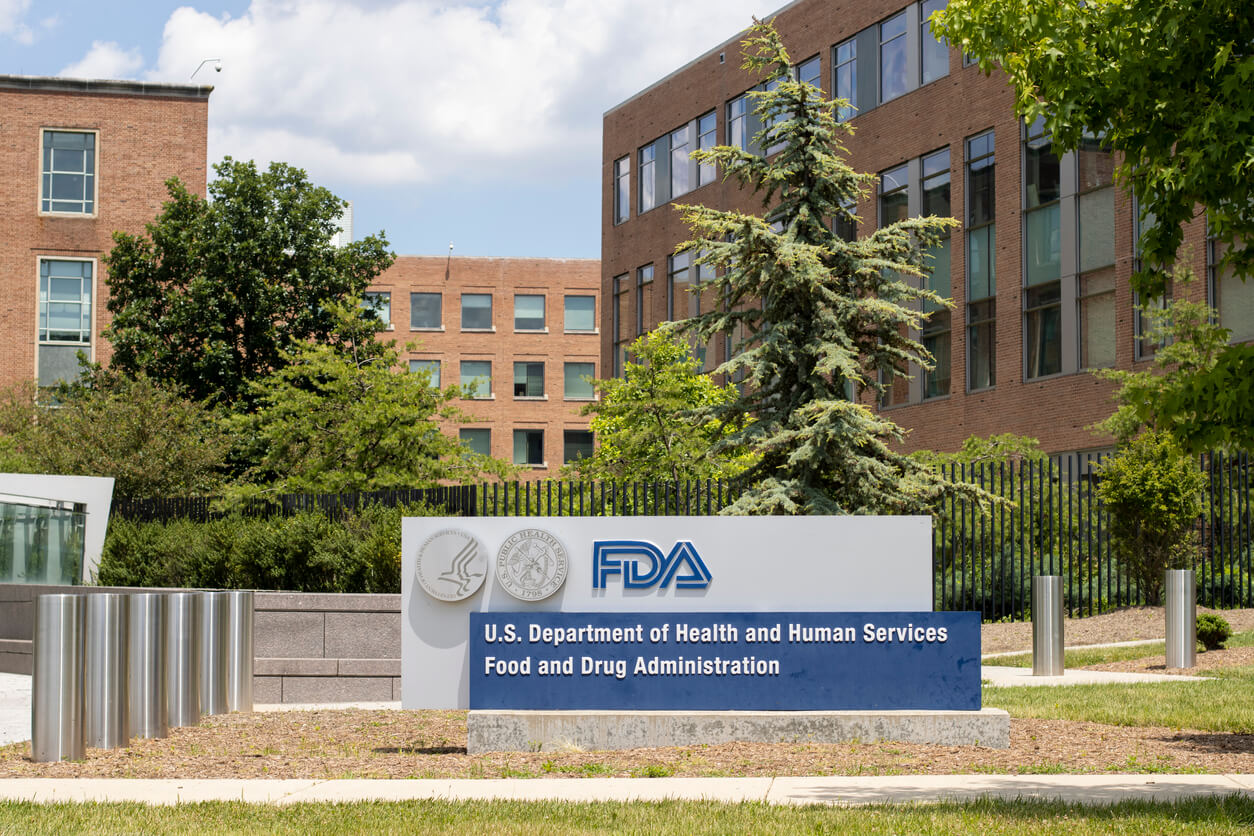Senators Request Investigation into FDA’s Oversight of Medical Devices
Editors carefully fact-check all Drugwatch.com content for accuracy and quality.
Drugwatch.com has a stringent fact-checking process. It starts with our strict sourcing guidelines.
We only gather information from credible sources. This includes peer-reviewed medical journals, reputable media outlets, government reports, court records and interviews with qualified experts.

Two members of the Senate Judiciary Committee are requesting a government investigation into the FDA’s oversight of medical devices after troubles with recalled Philips CPAP machines came to light.
The agency’s failure to address dangerous issues with the defective breathing machines, highlighted by a year-long investigation by the Pittsburgh Post-Gazette and ProPublica, prompted Senators Dick Durbin (D-Ill.) and Richard Blumenthal (D-Conn.) to pen a letter to the Government Accountability Office.
The news agencies claim that Philips Respironics and the U.S. Food and Drug Administration knew about the issue for several years before issuing a device recall.
Philips Respironics recalled millions of CPAP, BiPAP and respirators after reports surfaced of black bits of foam appearing in users’ noses and mouths. The bits were degraded polyester polyurethane (PE-PUR) foam that was used to mitigate sound from the machine. As it degraded, it released toxic fumes into the user that could cause headaches, vomiting and allergic reactions or other “toxic or cancer-causing effects,” according to the FDA.
“It now appears that [the] FDA missed several opportunities to mitigate the harm done to the millions of patients who have used these recalled medical devices. [The] FDA reportedly also received at least 30 adverse event reports related to degradation of the sound abatement foam significantly prior to the initiation of the recall,” the Senators said in their letter.
“[The] FDA has stated that it ‘reviews all reports of adverse events associated with medical devices.’ However, it is not clear whether or not [the] FDA took action to inform hospitals, health care providers and patients about the potential risks.”
Millions of Philips breathing machines were recalled in June 2021, but that didn’t stop the complaints against the devices. Hundreds of people filed CPAP lawsuits claiming the defective machines caused them to develop severe health problems, including cancer.
CPAP lawyers are still accepting cases.
Senators Want FDA Oversight Investigated
Blumenthal and Durbin are requesting the GAO to review and update a 2011 report titled “Medical Devices: FDA Should Enhance Its Oversight of Recalls.”
The agency oversees all medical devices from “contact lenses to catheters to prosthetics and pacemakers.” The risk of these devices failing can cause harm to patients.
In the decade between 2012 and 2022, the FDA oversaw a substantial increase in medical device recalls and medical device-related adverse event reports. In 2022, there were 898 medical device recalls, including 70 class I recalls — the most serious — compared to 399 recalls in 2012, according to the letter.
Medical device-related adverse event reports skyrocketed from about 487,000 in 2012 to over 2.9 million in 2022, a 505% increase over the decade.
The GAO’s report in 2011 found that the FDA’s oversight of medical devices was failing in many ways and led to new legislation. Blumenthal and Durbin want a new report drafted and many questions considered including:
- Understanding the number and characteristics of medical device recalls and the FDA’s use of this information for improvement.
- Examining the FDA’s authorities and actions to ensure medical device manufacturers initiate recalls.
- Investigating the FDA’s authorities and actions when manufacturers fail to initiate timely recalls, including data on such occurrences.
- Assessing factors influencing the likelihood of medical device recall initiation.
- Identifying additional resources, funding or legislative authorities to enhance the FDA’s oversight of medical device recalls.
- Examining the number and characteristics of adverse event reports and the FDA’s use of this information for improvement.
- Investigating the FDA’s authorities and actions to ensure timely submission of adverse event reports by manufacturers.
- Assessing the FDA’s authorities and actions when manufacturers fail to submit timely adverse event reports, including data on such incidents.
- Examining factors contributing to the likelihood of adverse event report submission.
- Identifying additional resources, funding or legislative authorities to improve the FDA’s oversight of adverse event reports.
“Given recent reporting and the dramatic increase in recalls since then, it is clear that GAO and Congress must examine FDA’s oversight of medical device recalls once again,” the Senators wrote.